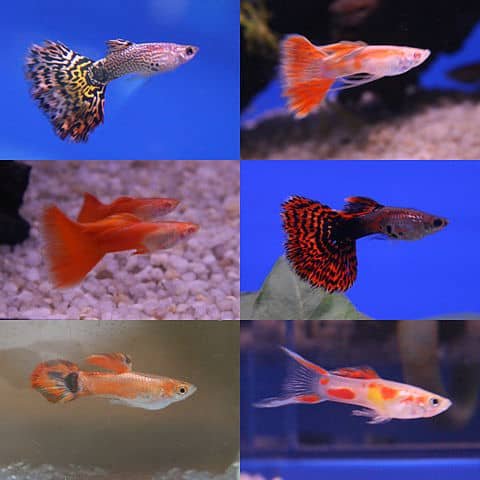Tanjay, The Philippine.- Tanjay City Parole and Probation Office (PPO) in partnership with Association of Tanjay Volunteer Probation Assistants (TVPA) have initiated a livelihood project that assists reforming ex-offenders such as probationers, parolees, and pardonees in Tanjay City and it neighboring municipalities.
According to Tanjay PPO head Christine Javier, the project equipped the ex-offenders with survival skills to make them self-sufficient and productive individuals.
This Sustainable Hope of Integrated Fish Farming in Tanjay (SHIFT) is a livelihood project that is conducive to gender equality and provide economic and social benefits to both male and female reforming offenders who are local residents of Tanjay City, and municipalities of Amlan, Pamplona, and San Jose in the province.
SHIFT involves farming of fish along with livestock and agricultural crops.
Javier said SHIFT is a “Farmville” version of Tanjay City PPO that holds freshwater tilapia farm, free range native chicken, ducks, and vegetable crops.
The farm lot is located in a 200-square meter agricultural land managed by TPVA association of probationers, parolees, and pardonees supported by different government agencies such as: Negros Oriental Provincial Agriculture, Tanjay City Veterinary Office, Tanjay City Agricultural Office, and Barangay Luca.
Presently, Volunteer Probation Assistants and Association of reforming offenders are preparing for their first ever harvest of tilapia and will be engaging in a marketing strategy for fund-raising activity, said Javier.
“The project not only aims at teaching reforming offenders to engage in sustainable livelihood thus giving economic assistance but its main goal is to teach ex-offenders in goal-setting, problem-solving techniques, and decision-making, emphasizing personal responsibility through the implementation integrated farming – paving a way for a successful re-entry to the community,” Javier added.
Stay Always Informed
Join our communities to instantly receive the most important news, reports, and analysis from the aquaculture industry.
Source: PIA
Editor at the digital magazine AquaHoy. He holds a degree in Aquaculture Biology from the National University of Santa (UNS) and a Master’s degree in Science and Innovation Management from the Polytechnic University of Valencia, with postgraduate diplomas in Business Innovation and Innovation Management. He possesses extensive experience in the aquaculture and fisheries sector, having led the Fisheries Innovation Unit of the National Program for Innovation in Fisheries and Aquaculture (PNIPA). He has served as a senior consultant in technology watch, an innovation project formulator and advisor, and a lecturer at UNS. He is a member of the Peruvian College of Biologists and was recognized by the World Aquaculture Society (WAS) in 2016 for his contribution to aquaculture.




